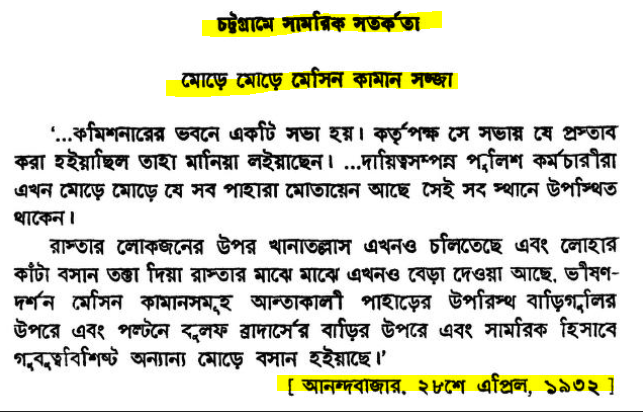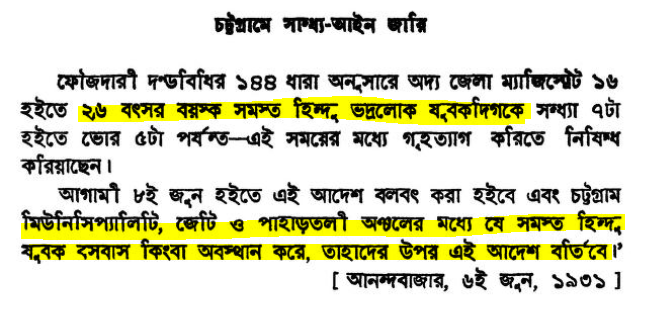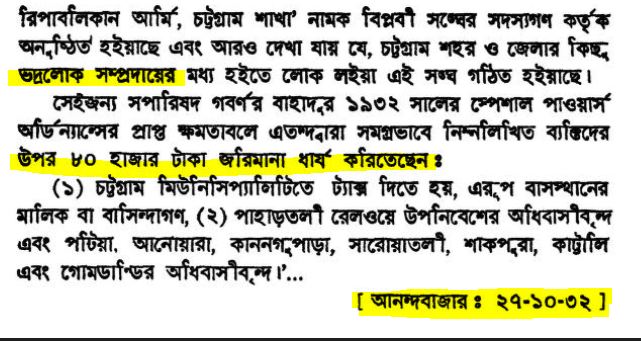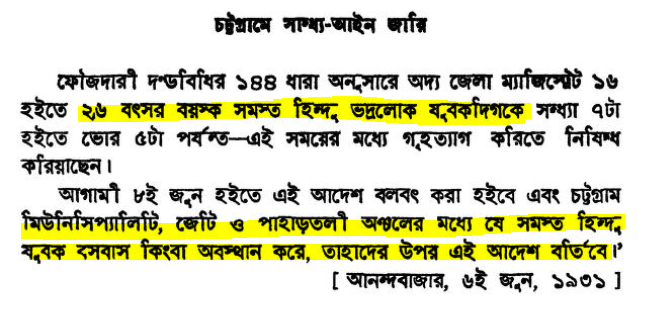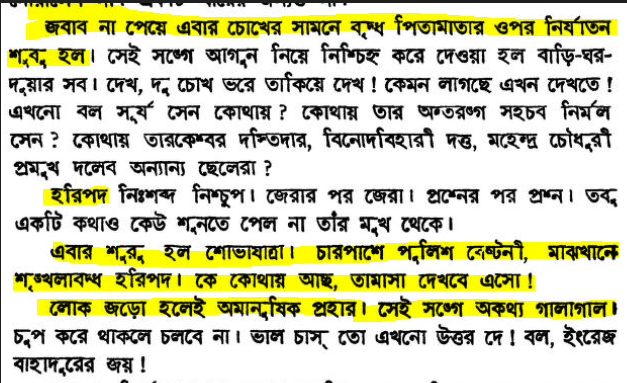The struggle for India’s independence witnessed numerous sacrifices and atrocities that often remain untold. The story of Hindu revolutionaries from East Bengal (now Bangladesh) is a poignant narrative that deserves recognition. Despite comprising only 28% of the population, as per the 1941 census, Hindu revolutionaries played a significant role in the freedom movement, accounting for 60% of the Bengal revolutionaries. Nevertheless, the British army brutally repressed their efforts, leaving a trail of suffering and injustice that continues to resonate even today among Hindu s.
The Revolutionary Spirit
East Bengal was a hotbed of revolutionary activities, with organizations like Anushilan Samiti and Jugantar leading the charge. The Dhaka branch of Anushilan Samiti alone had 500 branches and 20,000 members by 1930. Jugantar also boasted thousands of members from the region. These revolutionaries fought for the cause of ‘Akhand Bharat’ (United India), sacrificing their lives for the dream of a unified nation.
British Crackdown and Atrocities
In the 1930s, the British introduced army rules in many districts of East Bengal, deploying Pathan regiments and collaborating with local Muslim razakars. British forces directed the atrocities solely at the Hindu residents, going from house to house, torturing elders and teenagers alike.
Instances of Brutality
- The British ordered Hindu inhabitants to pay a fine of 80,000 rupees (SS-1,2 from Anandabazar Patrika reports).
- Section 144 was imposed only on Hindu inhabitants (SS-3).
- Police brutality was unleashed on selected Hindu boys (SS-4).
The Bitter Aftermath
Despite their sacrifices for an independent and united India, the Hindu revolutionaries of East Bengal found themselves in the newly formed state of Pakistan after the Partition. The very next morning, they faced a killing mob outside their homes, and a horrific genocide ensued. This was a stark contrast to the freedom they had envisioned and fought for.
The Need for Historical Justice
The Citizenship Amendment Act (CAA) is not merely a law but a recognition of the historical injustice faced by Hindus in East and West Pakistan (now Bangladesh and Pakistan). Even today, the 7% Hindu population in Bangladesh continues to face persecution, with no place to seek refuge except their ancestral lands of the Ganga and the Himalayas. The CAA serves as a lifeline for these persecuted minorities, granting them the right to return to their homeland.
The untold story of British brutality against Hindu revolutionaries in East Bengal and their unwavering struggle for a united India deserves to etch in the annals of history. The Citizenship Amendment Act is a step towards rectifying the injustice they faced and providing a safe haven for those who continue to suffer persecution. It is a testament to the sacrifices made by these unsung heroes and a commitment to upholding the principles of justice and human rights.




